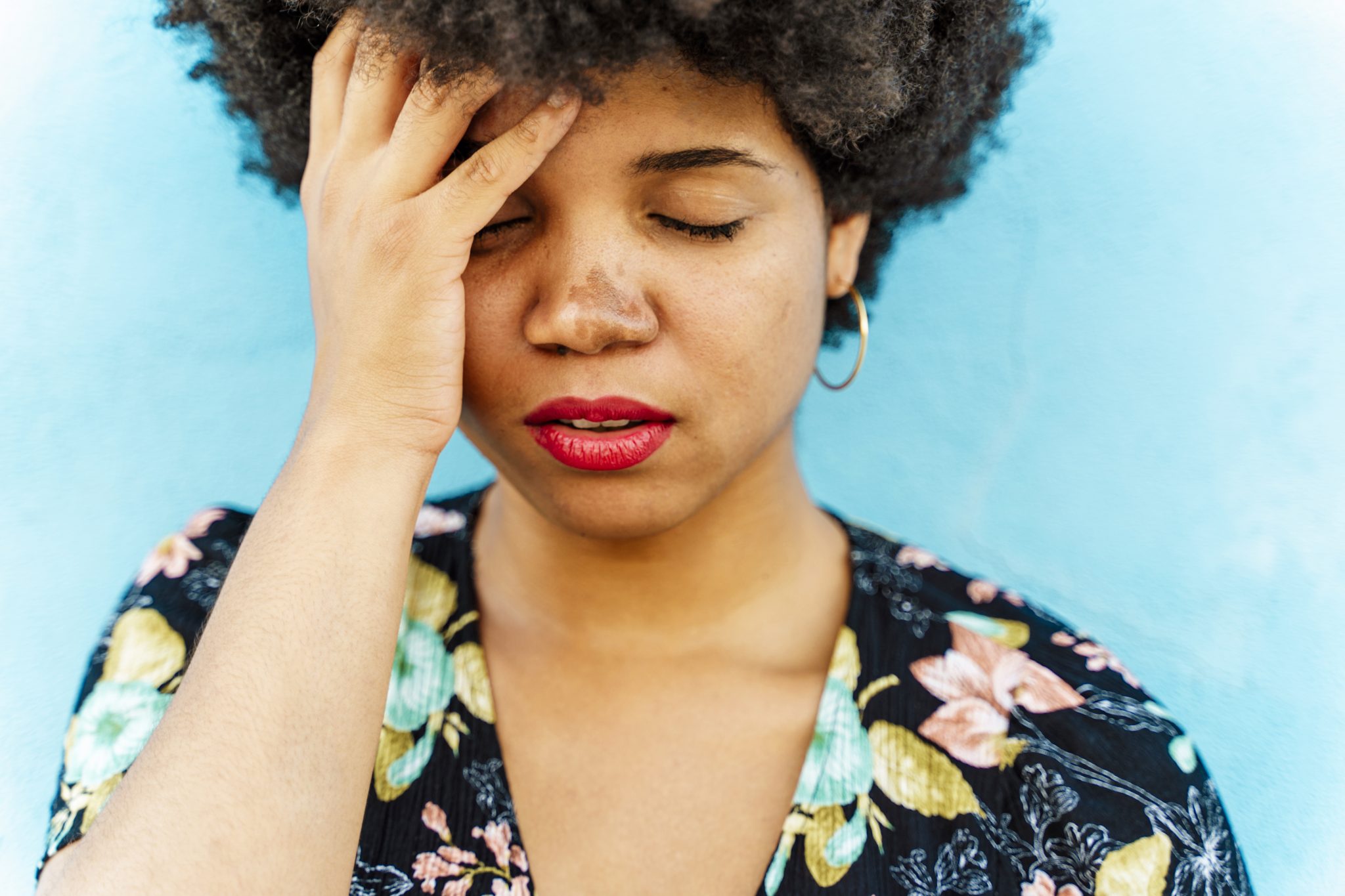Have you ever heard of “sweating out” your hangover? Strong Women fitness trainers debunk the myth.
Last week saw salons, pubs and gyms reopening in England. If you were quick enough, you may have ended up with a diary full of plans, from pub garden drinks in the evening to early morning workouts with your gym buddy.
But after a night out, should you really be heading back to the weights room? If your hangover is gentle enough to allow you to get up out of bed, you might think that sweating it out is the best thing for you. Others may feel too tired to even put one foot in front of the other, but are convinced that a run is the cure.

While there is a persistent myth that exercise can help you get over a hangover, how true is it really?
You may also like
Best hangover food: can what you eat make you feel better after drinking?
Does a hangover make exercise harder?
One of the major symptoms of a hangover is dehydration. That’s because alcohol is a diuretic, causing the body to lose more water than it takes in.
But it’s important to remember that our bodies are at least 50% water, and because of this, “we need to be hydrated to feel well,” says Emma Obayuvana, trainer from the Strong Women Collective. “Dehydration when working out is tough. Not only does it make the exercise itself feel harder, but you also lose even more water as you work out, further worsening dehydration.”
Personal trainer Janine George says that when people experience a hangover they very often also suffer from “dizziness, headaches and nausea,” which “can make it very challenging to negotiate exercise movements. As well as having the potential to make some symptoms worse, working out when hungover is likely to restrict you from giving your best and could risk injury.”

Is an intense workout a good idea if you have a hangover?
“For an intense workout to be sustainable, you need substantial energy reserves and to be hydrated,” says Janine. “This is not the case if you are suffering from a hangover.”
Rather, when hungover, “we are physically and mentally fatigued and less coordinated than usual,” says Emma.
“People often think they can sweat out the hangover,” Janine says, “but by doing so you cause further dehydration and fatigue to the body. The last thing you want to do is push the body to extremes when it is already low.”
You may also like
Should you lift weights when you have period pain?
Can gentle exercise help hangover symptoms?
So sweating it out clearly isn’t the way forward. But Emma explains that more gentle exercise can “certainly help alleviate symptoms. A walk in fresh air or some gentle stretching can feel good when you feel run down.”
This is Janine’s recommended mode of training for those suffering with a hangover, too. In fact, she says this sort of exercise is even preferable to “sitting down all day with the attempt to nurse the symptoms as movement allows your body to reconnect mentally and physically.”
Follow @StrongWomenUK on Instagram for the latest workouts, delicious recipes and motivation from your favourite fitness experts.
Images: Getty
Source: Read Full Article
